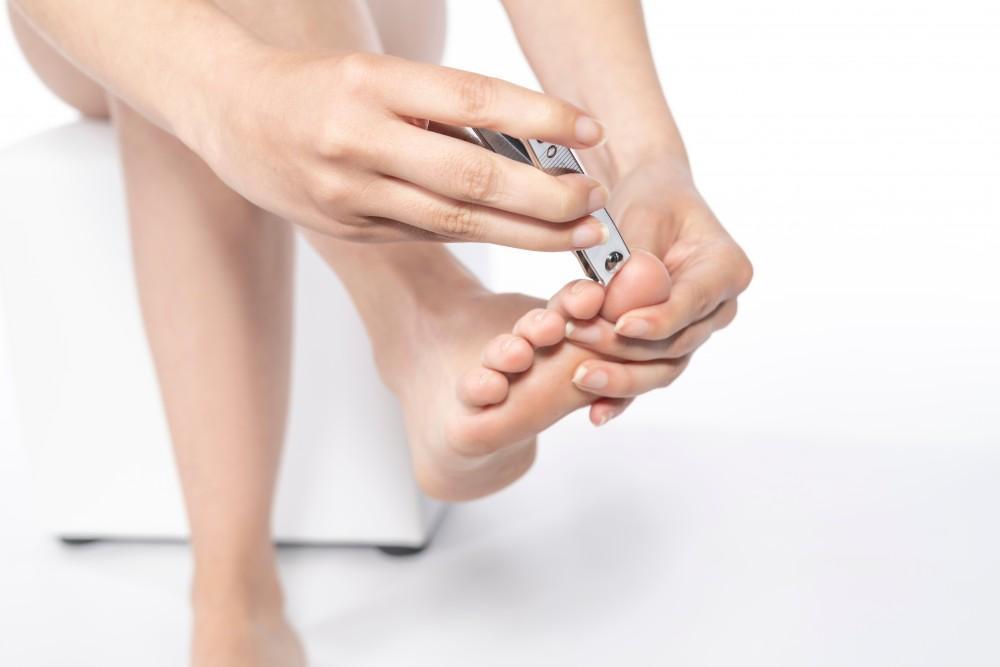
Is Arthritis Affecting Your Gait?

Maybe you’re not moving as well as you used to or experience some shuffling when you walk. These gait issues can arise for many reasons, but arthritis in your feet or ankles is a common cause.
As experts in all things related to your feet and ankles, our team at Family Foot and Ankle Center of South Jersey understands the many conditions that can affect how you walk.
In this month’s blog post, we’re focusing on one potential culprit — arthritis. Let's take a look at how this common condition can affect how you move through the world.
What exactly do we mean by “gait”
We want to spend a quick moment reviewing what we mean when referring to your gait. Your gait is unique and describes how you walk — your rhythm, pattern, pace, and foot placement.
Gaits can differ in many ways — you can walk with uneven steps, or your toes may point inward or outward.
When there’s a change in your gait, it can affect any aspect of how you walk, sometimes in an obvious way, like a limp. Or the change can be more subtle, like having a slightly shorter stride length with one foot.
Arthritis and your gait
If there’s a change in your gait and no obvious reason, such as an acute injury, a good place to start our investigation is with arthritis.
Consider this — more than 92 million people in the United States have doctor-diagnosed arthritis or arthritis symptoms, namely pain and inflammation. There are also more than 100 different types of arthritis.
In other words, arthritis is extremely common, and it often affects those joints in your body that work hard, like your feet and ankles. Not to mention, your feet and ankles contain about 30 different joints.
The most common types of arthritis affecting your feet and ankles include:
- Osteoarthritis — wear-and-tear arthritis
- Rheumatoid arthritis — usually affects the same joint on each side
- Post-traumatic arthritis — arthritis due to a previous injury
- Gout — typically affects your big toe during flare-ups
Regardless of the type, each can lead to symptoms that can affect your gait, such as pain, inflammation, and stiffness.
These symptoms can also flare up during and after movement, which can impact your gait.
It’s also worth noting that, with each of these forms of arthritis, your gait problems may come and go or increase and decrease with activity.
The bottom line is that any time you feel like you’re not walking as you normally do, it’s worth finding out what’s going on in these all-important appendages. Often, early intervention can preserve and prolong your mobility.
If you want to figure out whether arthritis is behind your gait issues, we invite you to make an appointment at our office in Cherry Hill, New Jersey, by booking online or calling us at 856-667-8222.
You Might Also Enjoy...


5 Ways to Keep Your Bunion Pain to a Minimum

Gout: What Is It and How Can I Get Rid of It?

Complications of an Untreated Ankle Sprain

Suspect You’ve Broken Toe? How To Tell and What to Do


